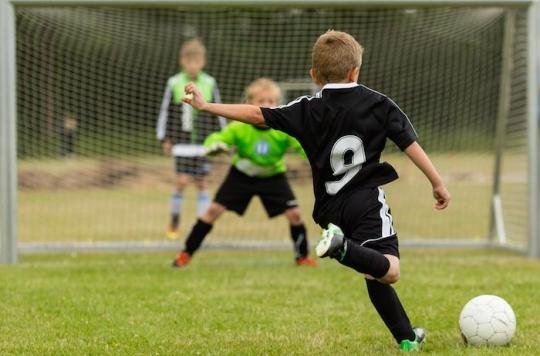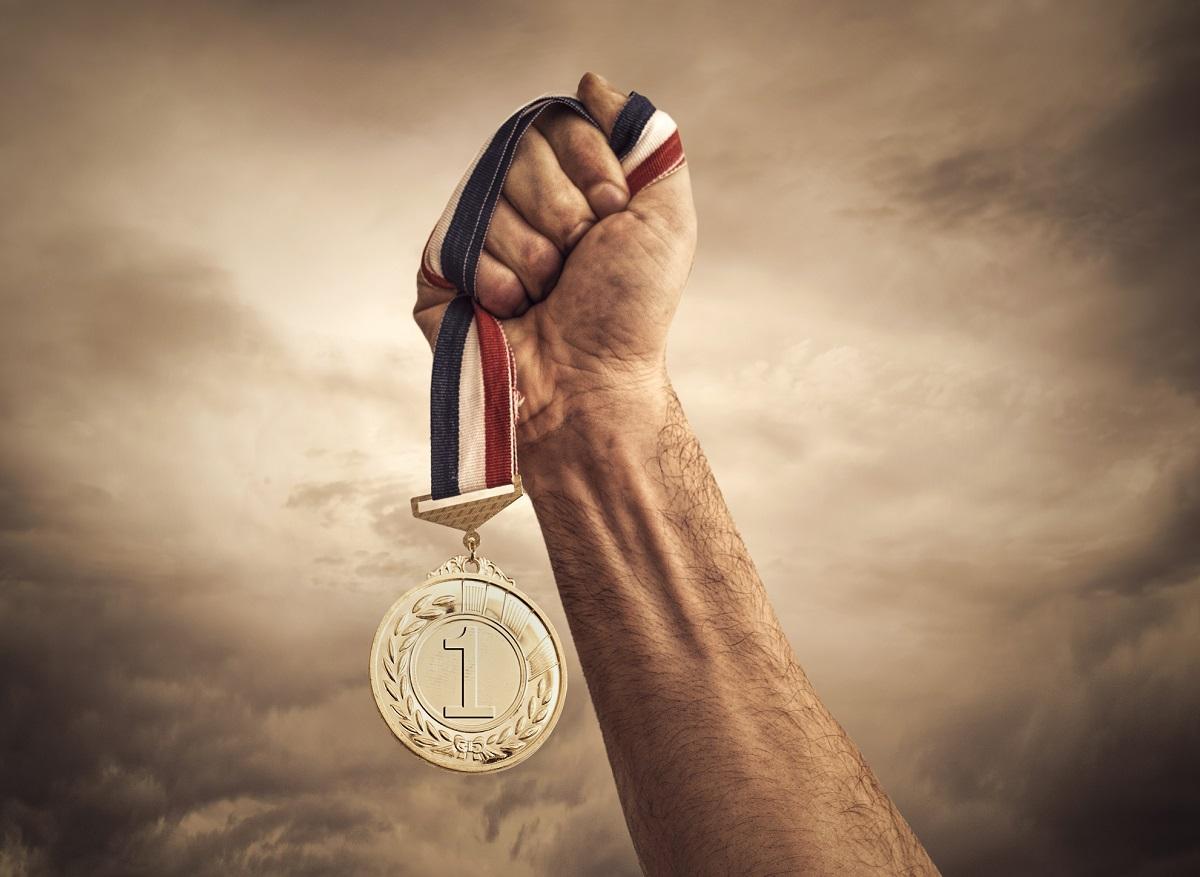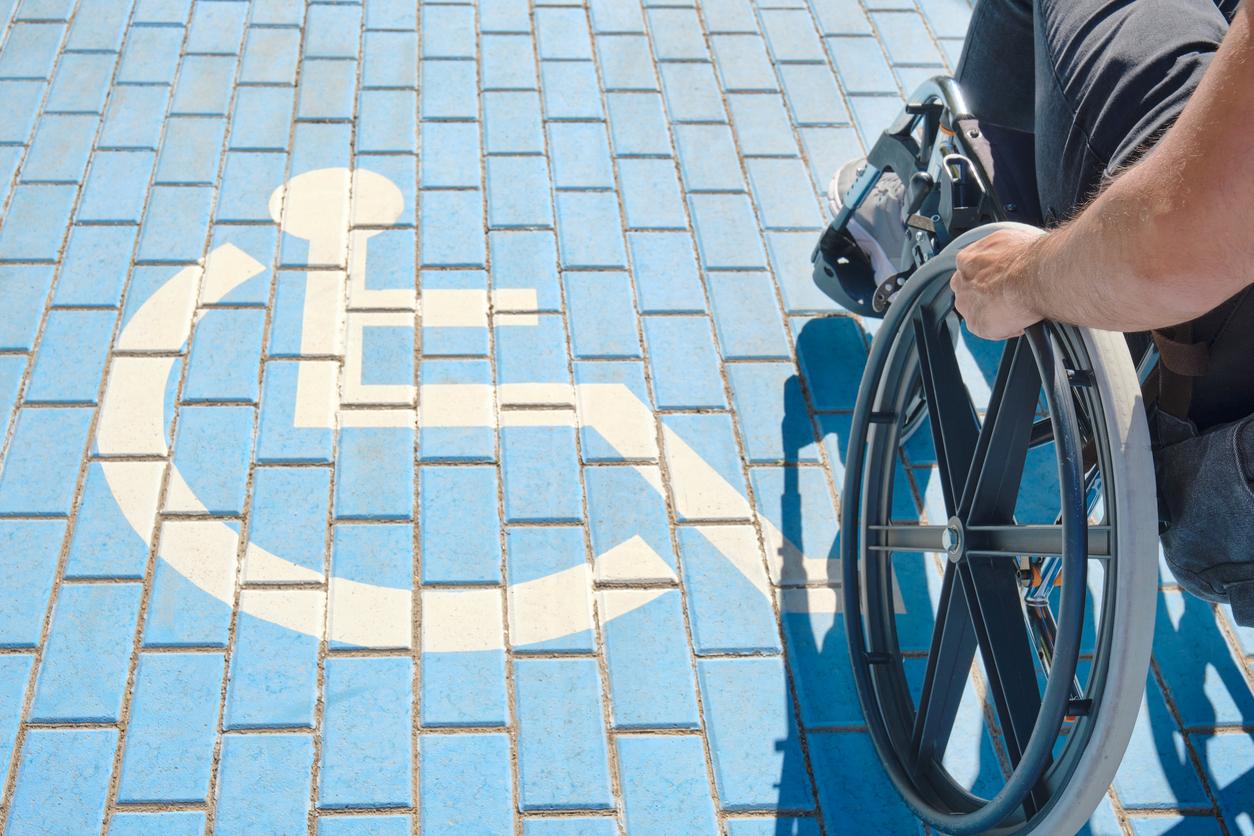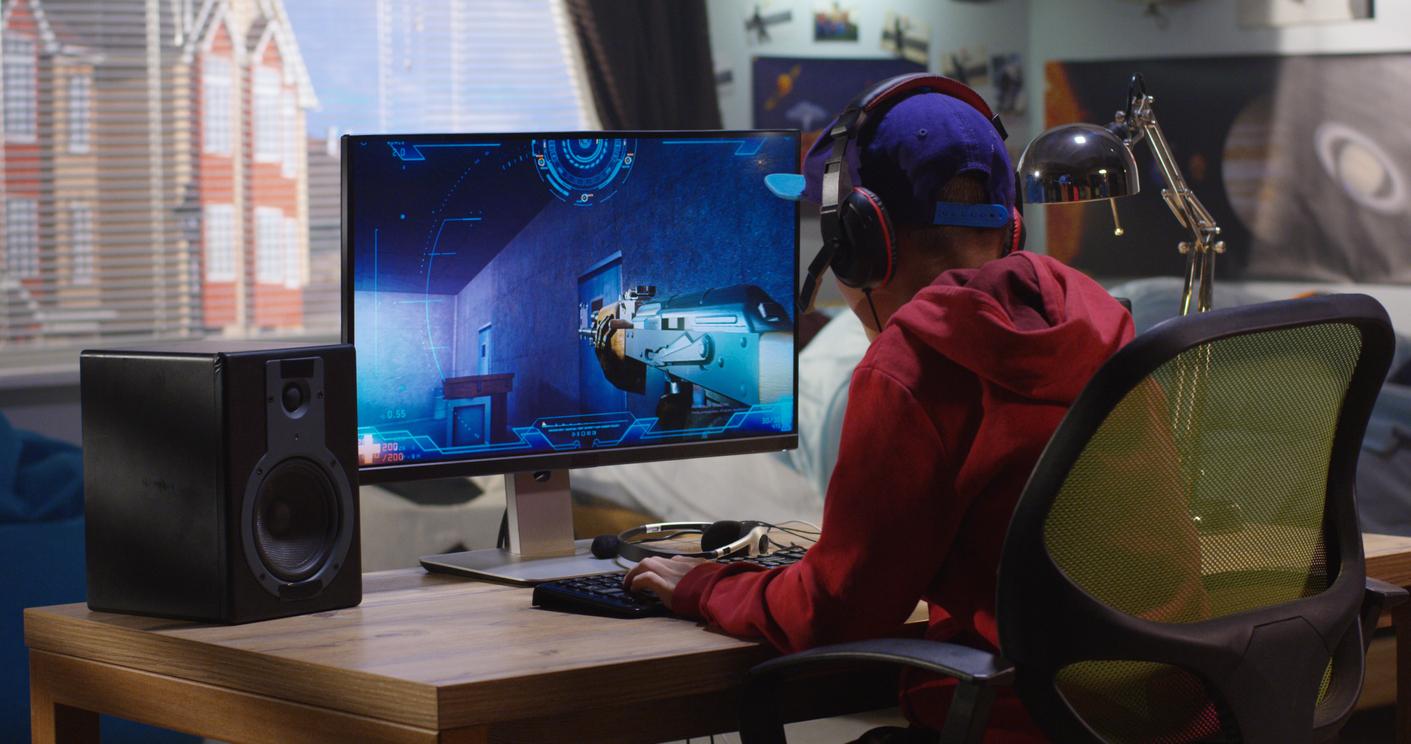Strong training, violence, doping: abuse remains taboo in the sports world. The Ethics & Sport Committee creates a telephone number for victims.

” No pain, no gain “. The formula has become so popular that it adorns many sportswear all over the world. As if to remind the athlete, confirmed or amateur, that there is no glory without suffering. In order to try to achieve their performance ambitions, some athletes pay dearly. Exhausting training, physical or verbal violence, doping behavior: where does the quest for excellence end and where does mistreatment begin? A word still taboo in the sports world, where victims often pay with their careers, to have dared to break the silence. The Ethics & Sport Committee, meeting in Paris on May 30 and 31, wants to raise awareness among the world and is launching a hotline to come to their aid.
To evoke the mistreatment undergone by the athletes is to bring back images of training centers, in Eastern Europe or Asia, where coaches-matons were beating down on children, programmed to win. But these images of Epinal act like so many trees that hide the forest. Abuse can actually take various forms: discrimination, insults, inappropriate gestures, doping … “No discipline is more or less at risk than another”, insists Dr. Véronique Lebar, doctor, passed through the French anti-doping agency, the Ministry of Sports and now president of the Ethics & Sport Committee.
“For his own good”
Created in 2013, on the initiative of sports professionals, the Ethics & Sport Committee, aims to establish a constructive dialogue with the sports movement to put in place actions to “eliminate ethical deviations of all kinds” . “Ethics is not morality,” says Dr Lebar. It is everything that touches on people, which makes it possible to preserve the integrity and dignity of individuals, in this case athletes ”.
And putting ethics back at the heart of sports practices could turn out to be a huge project. “Mistreatment is not the prerogative of the sports world, but in the collective unconscious, among athletes it would be to a certain extent legitimate, in words, in gestures sometimes also,” explains Véronique Lebar. Sport is a world of confrontation; there is a winner, a loser, a dominant and a dominated. »Who does not think, in front of a report for example, that if a coach yelled at his athlete, it was for his good, so that he gives the best of himself? As long as the athlete in question wins a medal, and the “muscular” methods of the trainer can even make school … even in the amateur environment.
All concerned
The race for Olympic gold is not the only one to “justify” enduring inappropriate actions or words. Abuse can occur in the municipal stadium or in the dojo downstairs; among minors and veterans alike. To step up the fight against these behaviors, the Ethics & Sport Committee is brandishing the training card at all levels. Abuse should no longer be trivialized. Neither by the perpetrator nor by the victim.
A study carried out among French athletes in 2009 revealed that more than 10% had suffered sexual violence. 5% filed a complaint. It is two times less than in the general population! Free speech is fundamental in an environment where victims still often pay with their careers to break the silence.
A telephone number (1) has been set up by the Ethics & Sport Committee. A multidisciplinary team, including in particular a gendarme, offers listening and support. “This issue is also available to those who may witness abuse, or simply who wish to learn about the subject,” says Véronique Lebar.
Watch the entire Health Guest with Dr Véronique Lebar:
.
















